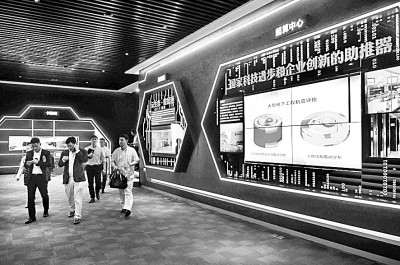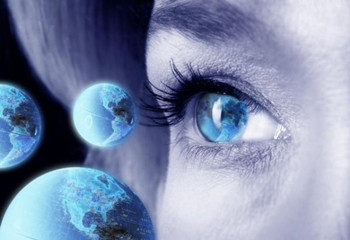The Ethical Dilemma Of Artificial Intelligence: When Algorithms Start To "think" What Should We Be Wary Of?
The Ethical Dilemma Of Artificial Intelligence: When Algorithms Start To "think" What Should We Be Wary Of?
Technology giants always like to package their products with the slogan of "changing the world", and artificial intelligence is undoubtedly the most dazzling star in this narrative. From ChatGPT to autonomous driving, from medical diagnosis to financial risk control, AI seems to be able to do everything.
Technology giants always like to package their products with the slogan of "changing the world", and artificial intelligence is undoubtedly the most dazzling star in this narrative. From to autonomous driving, from medical diagnosis to financial risk control, AI seems to be able to do everything. But as we are immersed in this technological carnival, a deeper question surfaces: When algorithms start to “think,” are we building ourselves a digital cage that cannot escape for ourselves?
The data won't lie. According to Stanford University's 2023 Artificial Intelligence Index Report, global AI investment has increased 6 times in the past five years, of which ethical-related research accounts for less than 5%. what does that mean? It means we are building a powerful tool at an astonishing pace without thinking hard about the catastrophic consequences it can have. Amazon's recruitment AI has discriminated against female job seekers due to gender bias in training data. The algorithm has a 45% higher misjudgment rate of black defendants in the judicial system than whites. These cases are not accidental, but an inevitable product of systemic bias.
What is even more ironic is that companies that advocate "AI neutrality" are often the biggest beneficiaries of data monopoly. When every click, every search, every consumption is converted into the "fuel" of training the model, you think you are enjoying the convenience, but in fact you have become the "data labor" of the algorithm. The Cambridge Analytica scandal revealed the terrifying potential of data manipulation of elections, and today's big language model is nothing more than upgrading this manipulation capability to an unprecedented scale. Can they mimic your tone, predict your needs, and even understand your weaknesses better than you-is progress or a well-planned digital domestication?
Maybe we should think from a different perspective. In human history, every technological revolution is accompanied by pain, but what ultimately drives social progress is never the technology itself, but how we control it. The European Union's Artificial Intelligence Act attempts to put a rein on AI, and China's Interim Measures for the Management of Generative AI Services emphasizes content security. Although these efforts seem immature, they at least prove one thing: technology can grow wildly, but ethics must be taken first.
When the protein structure is cracked, when AI exceeds human doctors' accuracy in medical imaging diagnosis, we do see hope. But hope should not be blind, but sober. After all, a soulless agent, no matter how powerful it is, cannot replace human pursuit of justice, dignity and love. Algorithms can optimize efficiency, but only humans can define what a "better life" is. This journey of dancing with AI has never tested computing power, but our wisdom and conscience.





